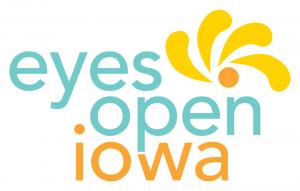In this four-part recorded webinar series, participants will learn how to advocate in support of adolescent sexual and reproductive health with conservative-leaning policymakers and key stakeholders, including:
- strategies for knowing your audience to understand their background and perspective,
- opportunities for finding common ground to work toward a shared goal,
- leveraging the media to increase your public awareness, and
- tactics for identifying and cultivating key messengers and mobilizing your community.
A shifted landscape of new or strengthened power players (particularly, those who lean conservative) at all levels of government, combined with threats to public health investments that our nation’s youth are facing, necessitates a reinvigorated call to public policy action by individuals and organizations that support youth and their families. Build your capacity to navigate the politics of public health and find common ground in support of adolescent sexual and reproductive health.




